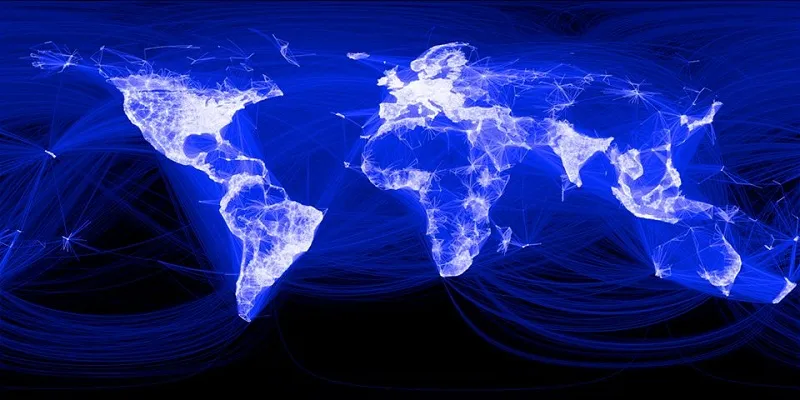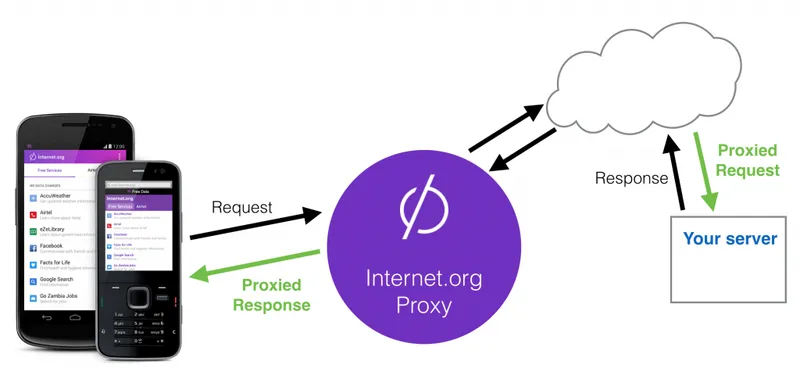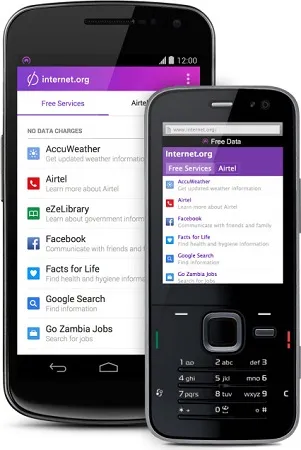Internet.org is now a Platform, open for all developers to build and integrate their apps

Internet.org is a coalition of Facebook, Samsung, Opera, Nokia, Qualcomm and MediaTek and a few other large technology companies that are attempting to bring low-cost Internet access to the next five billion people in underserviced parts of the world. After the heated Zero Rating and Net neutrality debate that engulfed India’s internet world – some of the partners, mainly Cleartrip and NDTV pulled out of the program.
Today, Facebook made a swift move to counter the criticism by allowing any third-party developer to integrate within the Internet.org platform, with a condition of developers meeting technical guidelines. Now it works with approach which is very similar to Google’s Play Store or Apple’s App Store.

Internet.org claims it is open to all mobile operators and involves no payments, either to or from the developers. "We've heard the debate about net neutrality in India and have been tracking it. The principles of neutrality must co-exist with programs that also encourage bringing people online," Chris Daniels, vice president of product for Internet.org, told Reuters. This is a testament for India flexing its muscle in shaping the future of the Internet.

Mark Zukerberg said, “Our goal with Internet.org is to work with as many developers and entrepreneurs as possible to extend the benefits of connectivity to diverse, local communities. To do this, we’re going to offer services through Internet.org in a way that’s more transparent and inclusive.”
Before this announcement, Facebook vetted and handpicked its partners; and not many people knew how the process worked. But now every developer, by virtue of submitting their app to Internet.org will be a part of the new Internet.org platform.
A few restrictions -- Apps and sites that are bandwidth intensive aren’t welcomed. No skype kind VoIP. No DropBox kind of file transfer. No high resolution photos like Flickr. No YouTube like video platform. Internet.org will not display video files and will also truncate resources larger than 1 MB.
At present Internet.org is available in Zambia, Tanzania, Kenya, Colombia, Ghana, and India. More than a billion people in India don’t have access to the internet and this is a mouth watering opportunity that Zuckerberg and team cannot afford to pass. He recently had public discussions about this (and many other topics) on his Facebook page.
Facebook has invited developers to optimize their apps that are in communication, education, employment, finance, government, health, news, reference, sports, weather, women and maternal health. As of now, users don't have to be signed up via Facebook to access content on Internet.org.
But will this be enough? Do you think this is a step in a right direction? Is some access better than no access? How do we go from ‘some access’ to ‘access’, in order for the internet to be truly inclusive? These are some of the questions that organizations, government and netizens should keep on exploring.







